Alright – so today we’ve got the honor of introducing you to Ladieslovewave. We think you’ll enjoy our conversation, we’ve shared it below.
LadiesLoveWave, thanks for taking the time to share your stories with us today Can you talk to us about how you learned to do what you do?
I learned how to write music by diving headfirst into it. I didn’t follow any formal process—I simply absorbed everything I could from songs I loved, lyric videos I studied, and hours of practice. Over time, people helped refine my writing style, teaching me how to flow better when recording. My brother, in particular, never let me settle. If he thought I could do better, he’d tell me to scrap a song and start over, which pushed me to grow even more. Looking back, it was a combination of trial, feedback, and relentless practice that shaped my skills.
If I could’ve sped up the process, I would’ve sought out mentors earlier or surrounded myself with a creative community. Getting consistent feedback and learning directly from others who had already mastered their craft could have helped me skip some trial-and-error.
The most essential skills for me were creativity, adaptability, and persistence. Creativity fueled everything I did, adaptability allowed me to adjust when things didn’t go as planned, and persistence kept me going when the process felt slow.
One of the biggest obstacles was self-doubt. There were times when I questioned whether my work was good enough, which sometimes held me back from sharing it or exploring opportunities.
When it came to clothes and content creation, the process was similar. I put my work out there, invited feedback, studied, and kept pushing forward.
Photography, though, came to me the easiest. I wouldn’t say I was naturally gifted, but I think it stems from spending so much time in front of the camera growing up. Being part of so many photoshoots taught me placement—how to pose, find the right angles, and position myself. Knowing what I know now, I think I could’ve sped up my learning process by studying professional photographers earlier and experimenting more with technical settings on the camera. But my approach was simple: I imagined I was taking pictures of myself and ensured the results matched how I’d want them to look if I were the subject. That mindset made photography feel second nature.
When it came to clothes and content creation, the approach was pretty much the same. I put my work out there, invited feedback, studied, learned, and kept pushing forward.
Photography, though, was the easiest thing to pick up. I wouldn’t say I was naturally gifted at it, but I think it stems from spending so much time in front of the camera growing up. Being part of so many photoshoots gave me a sense of placement—how to pose, find the right angles, and position myself. When I’m behind the camera, I imagine I’m taking pictures of myself, ensuring they come out just as I would’ve wanted if I were in front of it. That mindset helped me quickly develop my style and make photography feel almost second nature.
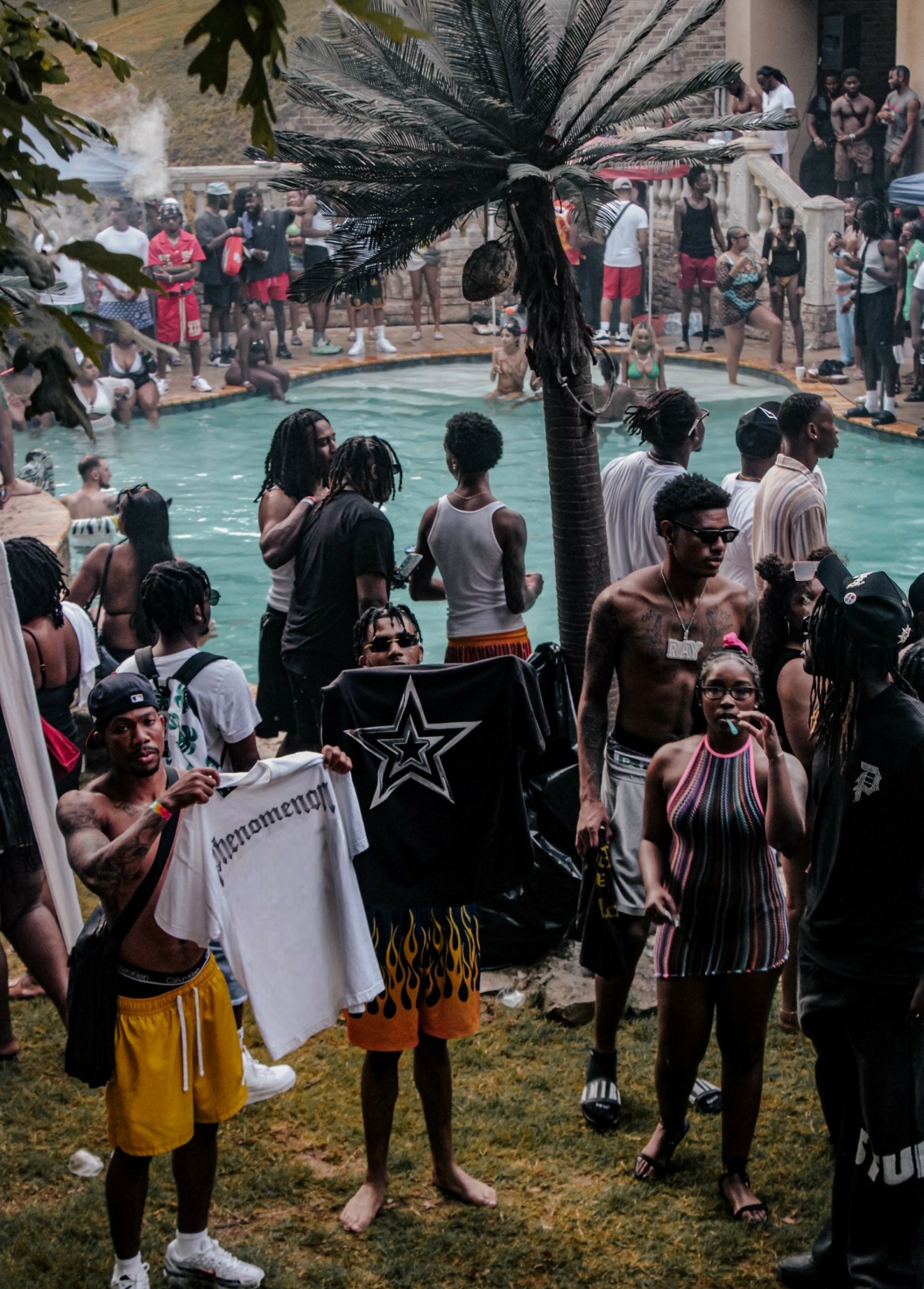
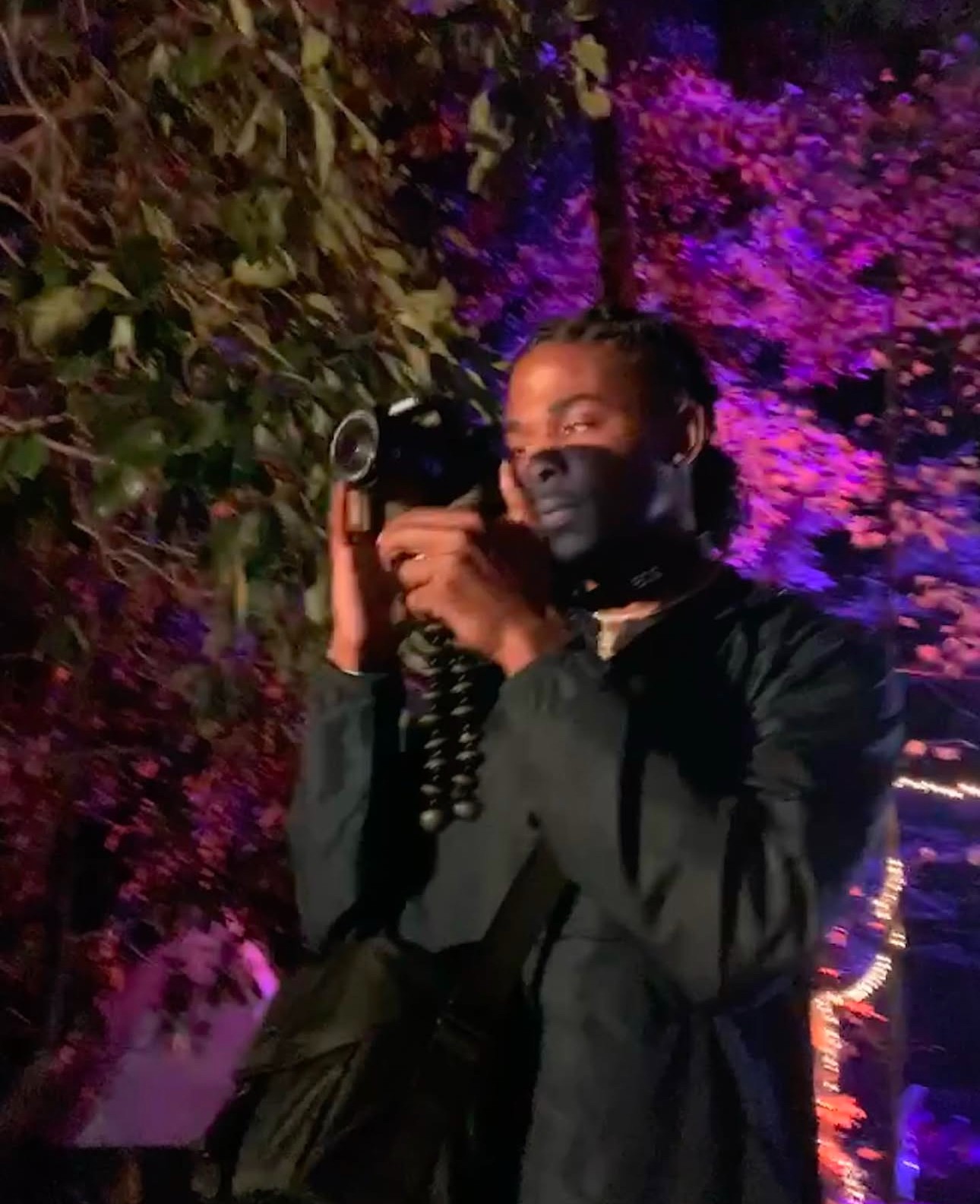
As always, we appreciate you sharing your insights and we’ve got a few more questions for you, but before we get to all of that can you take a minute to introduce yourself and give our readers some of your back background and context?
My name is Wave, and I’ve always been passionate about creating—whether through music, fashion, photography, or content. I got into these fields by diving in headfirst, letting my curiosity and drive to express myself guide me. For music, I learned by studying lyric videos, breaking down songs I loved, and practicing relentlessly. Over time, my writing style evolved with feedback from others, especially my brother, who would challenge me to rewrite songs until they flowed perfectly.
For my clothing brand, Phenomenon, it was about turning my love for fashion into something bigger. Instead of constantly buying clothes, I decided to create my own line that reflects a mindset—a belief that everyone has the potential to achieve greatness. My goal is for people to feel unstoppable when they wear my designs, to believe they can achieve the impossible.
Photography came naturally to me. Growing up in front of the camera gave me an intuitive sense of angles, poses, and composition. When I started shooting, I approached it with the mindset of making every shot something I’d be proud to see if I were in the frame.
In all my work—whether it’s music, fashion, or photography—I aim to inspire confidence and self-belief in others. What sets me apart is my focus on authenticity. Everything I create is driven by a genuine connection to the process and a desire to bring out the best in myself and others.
One of my proudest moments was seeing people resonate with my clothing brand. Watching someone wear my designs and feel empowered was confirmation that I’m on the right path. I want my clients, followers, and fans to know that everything I do is built on passion and purpose. Whether it’s helping someone look their best, feel confident, or connect with a piece of music, my goal is always to elevate and inspire.
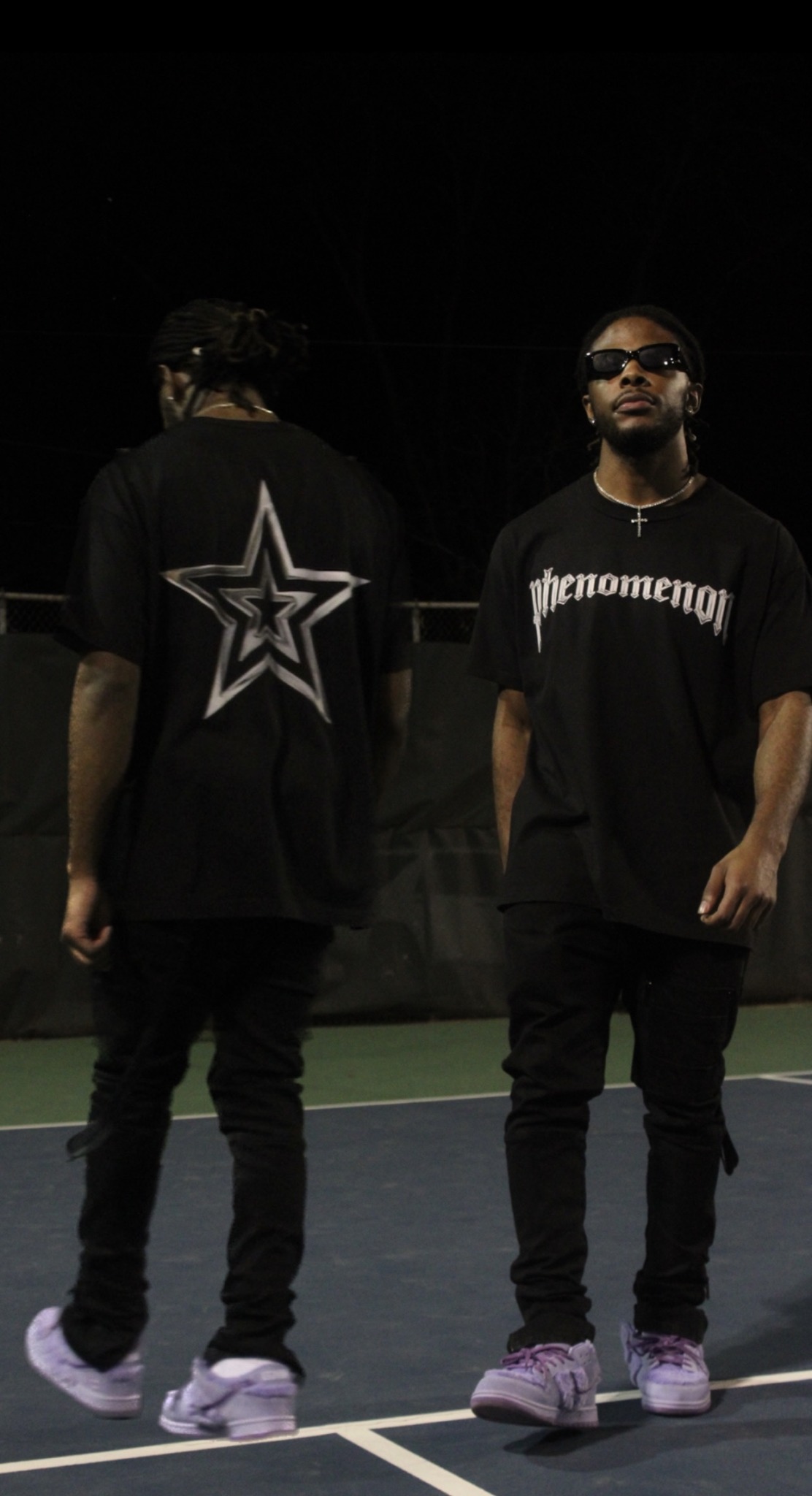
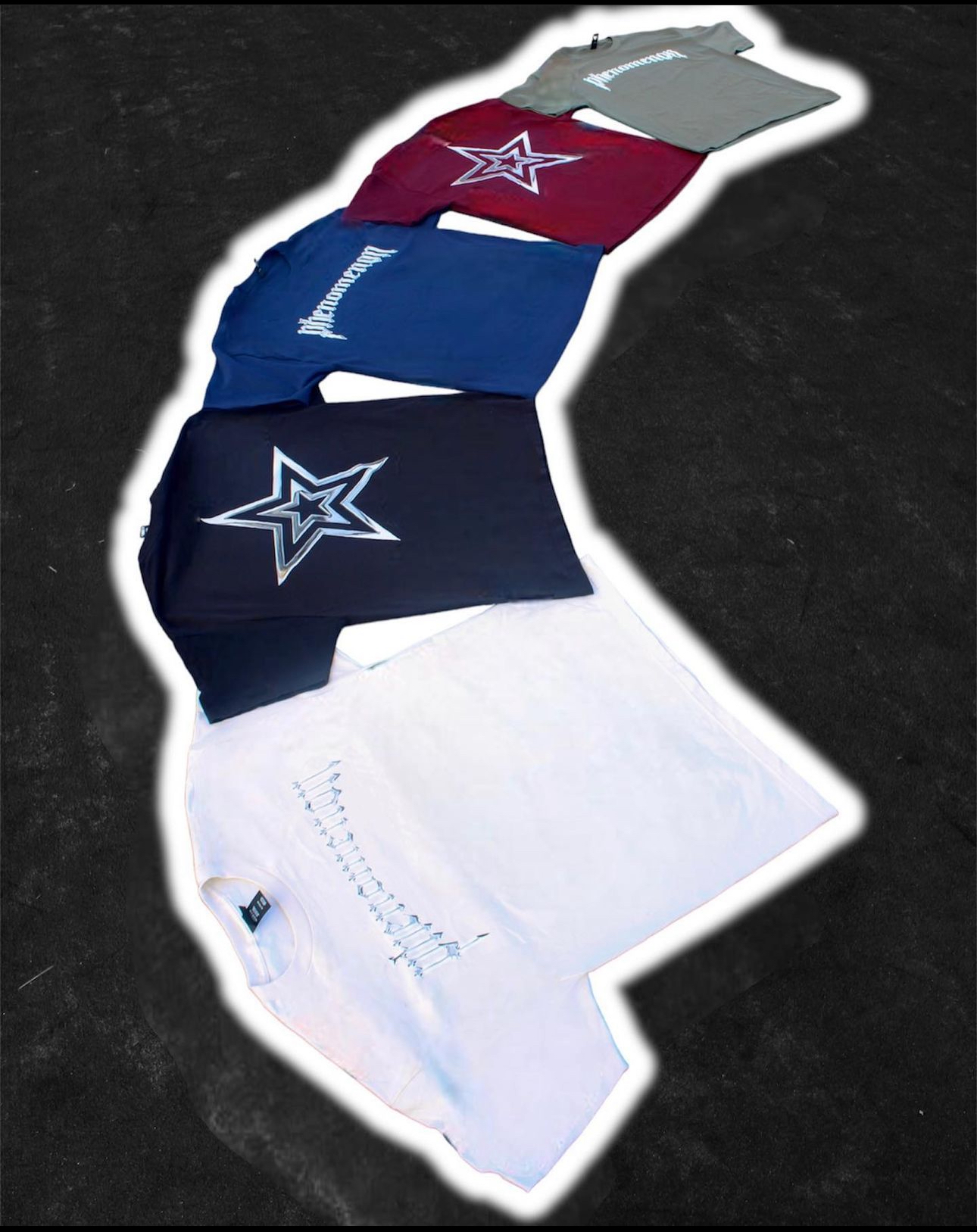
In your view, what can society to do to best support artists, creatives and a thriving creative ecosystem?
In my view, society can best support artists and creatives by creating environments that encourage and value creativity as a meaningful contribution to culture and community. Here are a few ways this can be achieved:
1. Funding and Grants: More accessible funding opportunities for artists and creatives, especially those just starting out. Grants and sponsorships for projects can give creators the freedom to focus on their craft without the constant worry of financial barriers.
2. Education and Resources: Making creative education more accessible is key. This includes offering workshops, mentorship programs, and affordable access to tools and spaces where creatives can learn, collaborate, and grow their skills.
3. Representation and Visibility: Society should prioritize highlighting diverse voices and perspectives. Platforms—whether media, festivals, or galleries—should actively showcase a wide range of creative talent, ensuring that everyone has a chance to be seen and heard.
4. Fair Compensation: Creatives often face undervaluation of their work. Advocating for fair pay and pricing standards ensures that artists can sustain themselves and continue contributing to the ecosystem.
5. Community Building: Supporting local arts programs and creative hubs helps build a strong, interconnected community. Spaces for collaboration and networking can lead to incredible innovation and growth for creatives.
6. Cultural Appreciation: Society benefits from valuing art not just as entertainment or luxury but as an essential part of our humanity. Recognizing how creativity enhances education, mental health, and societal growth can shift perspectives and priorities.
Ultimately, supporting creatives starts with recognizing their worth and investing in the long-term sustainability of their work. When society provides the resources, platforms, and encouragement artists need, it not only uplifts individuals but strengthens the entire community.
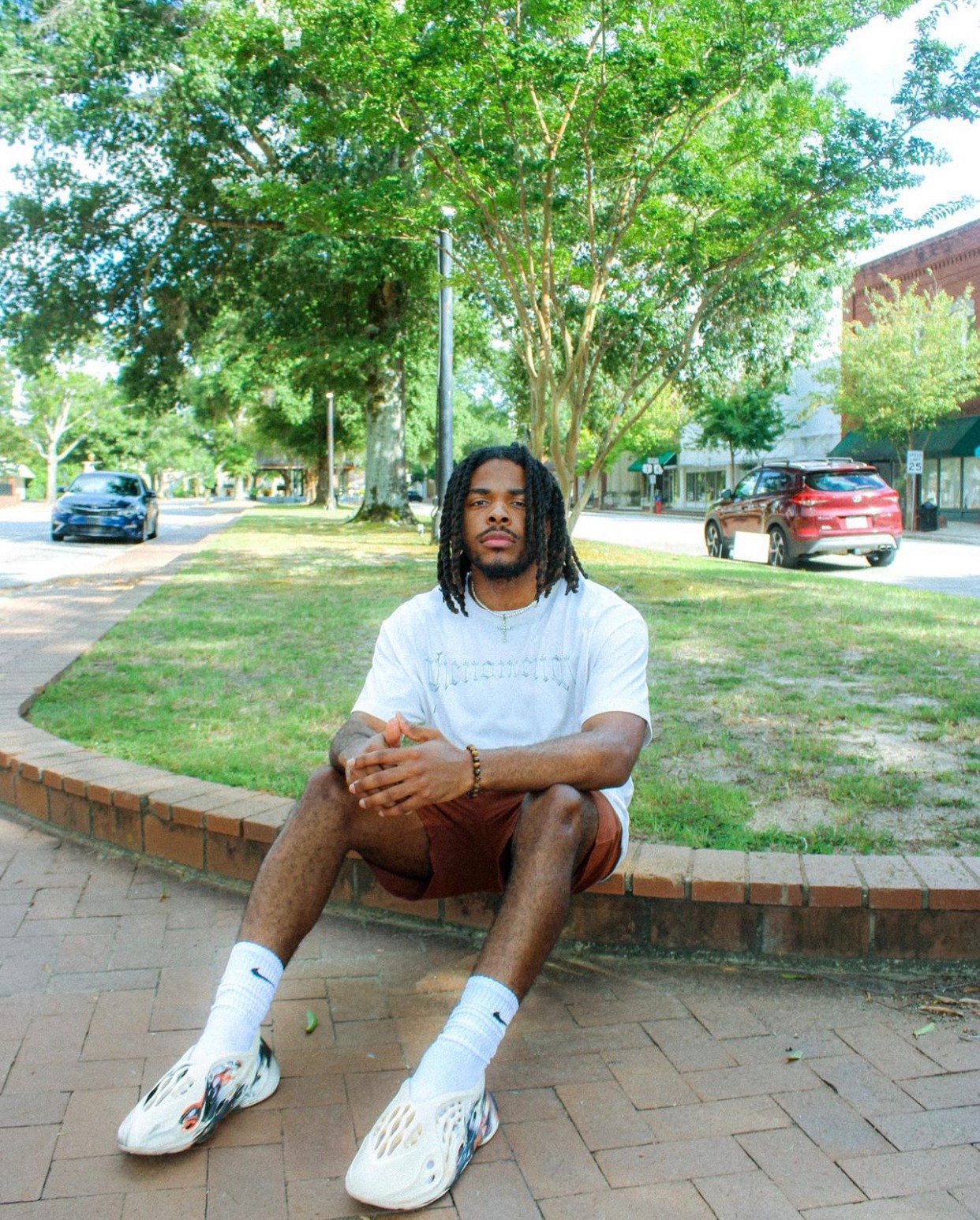
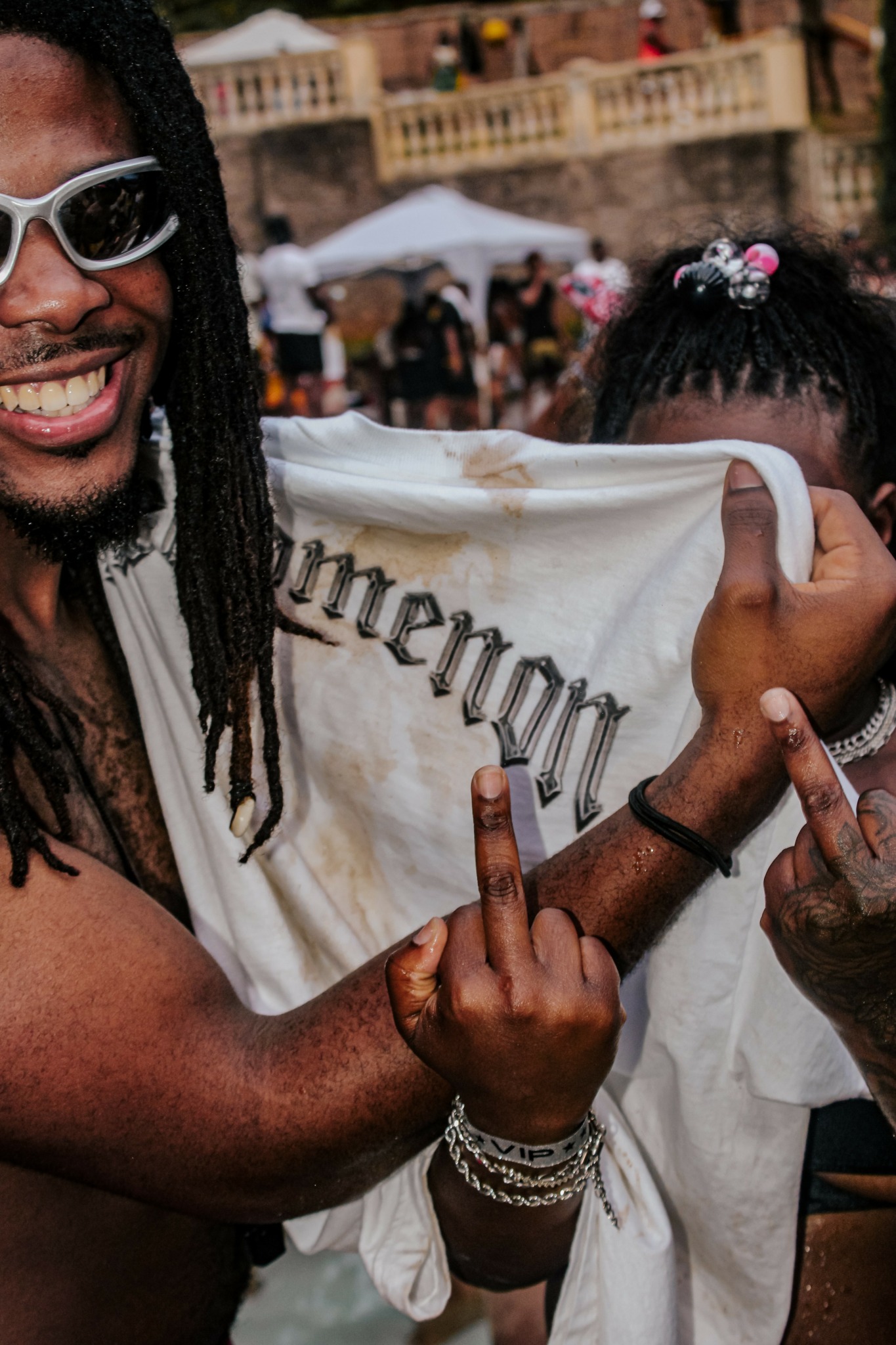
Do you think there is something that non-creatives might struggle to understand about your journey as a creative? Maybe you can shed some light?
One thing non-creatives might struggle to understand about the journey is how deeply personal it is. For me, every project—whether it’s music, clothing, photography, or content—comes from a place of vulnerability and self-expression. It’s not just about creating something to sell or share; it’s about putting a piece of myself out into the world and hoping it resonates.
What people might not realize is how much rejection, self-doubt, and trial-and-error are part of the process. There are countless hours spent refining ideas, scrapping work that doesn’t feel ‘good enough,’ and learning through failures. It’s easy to look at the final product and think it all came together effortlessly, but the reality is far from that.
Another challenge is balancing creativity with practicality. As a creative, you’re constantly trying to push boundaries and stay authentic, but there’s also the pressure to meet expectations, market your work, and sustain yourself financially. That push and pull can be exhausting, and it’s something non-creatives might not fully grasp.
The insight I’d offer is this: creativity isn’t a linear process, and it’s rarely easy. It’s fueled by passion, curiosity, and a drive to bring something new into existence, but it requires resilience and support to thrive. If you know a creative, one of the best things you can do is acknowledge their effort, celebrate their wins, and encourage them during setbacks. Sometimes, knowing someone believes in your vision can make all the difference.
Contact Info:
- Website: https://linktr.ee/ladieslovewave?utm_source=linktree_profile_share<sid=2d1d31d5-176e-475a-8b11-664468dea9b1
- Instagram: https://www.instagram.com/ladieslovewave/
- Twitter: https://mobile.twitter.com/LadiesLoveWave
- Youtube: https://youtube.com/channel/UC0k-o4Qna9SapQQqqhAMIBA
- Soundcloud: https://soundcloud.app.goo.gl/7TmYsDsykcrFsUEN8
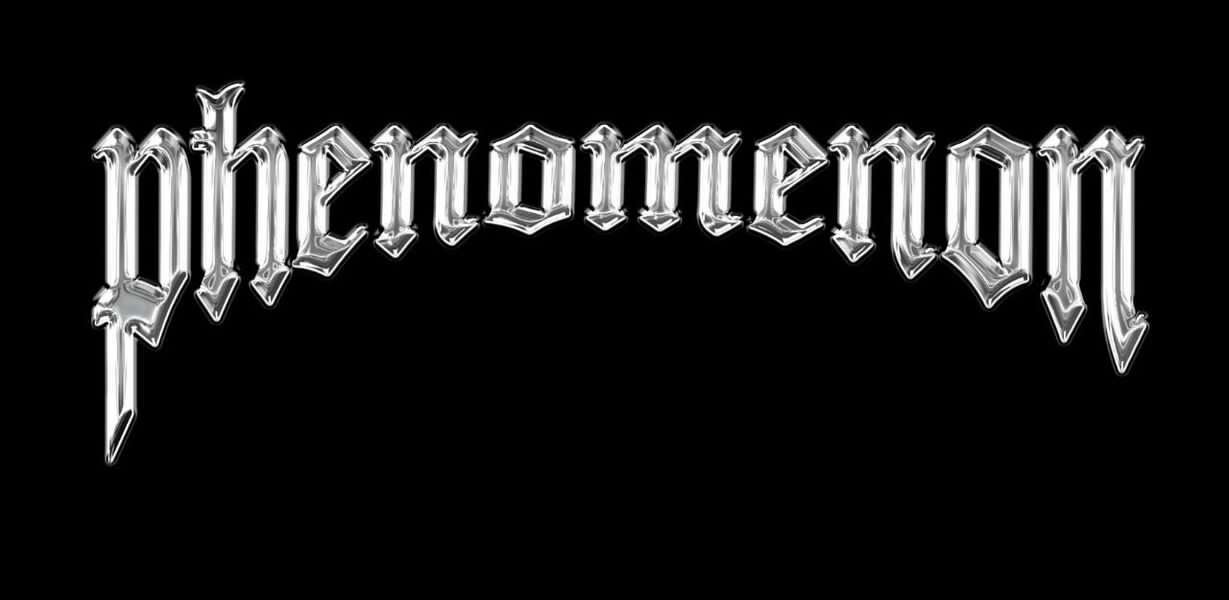
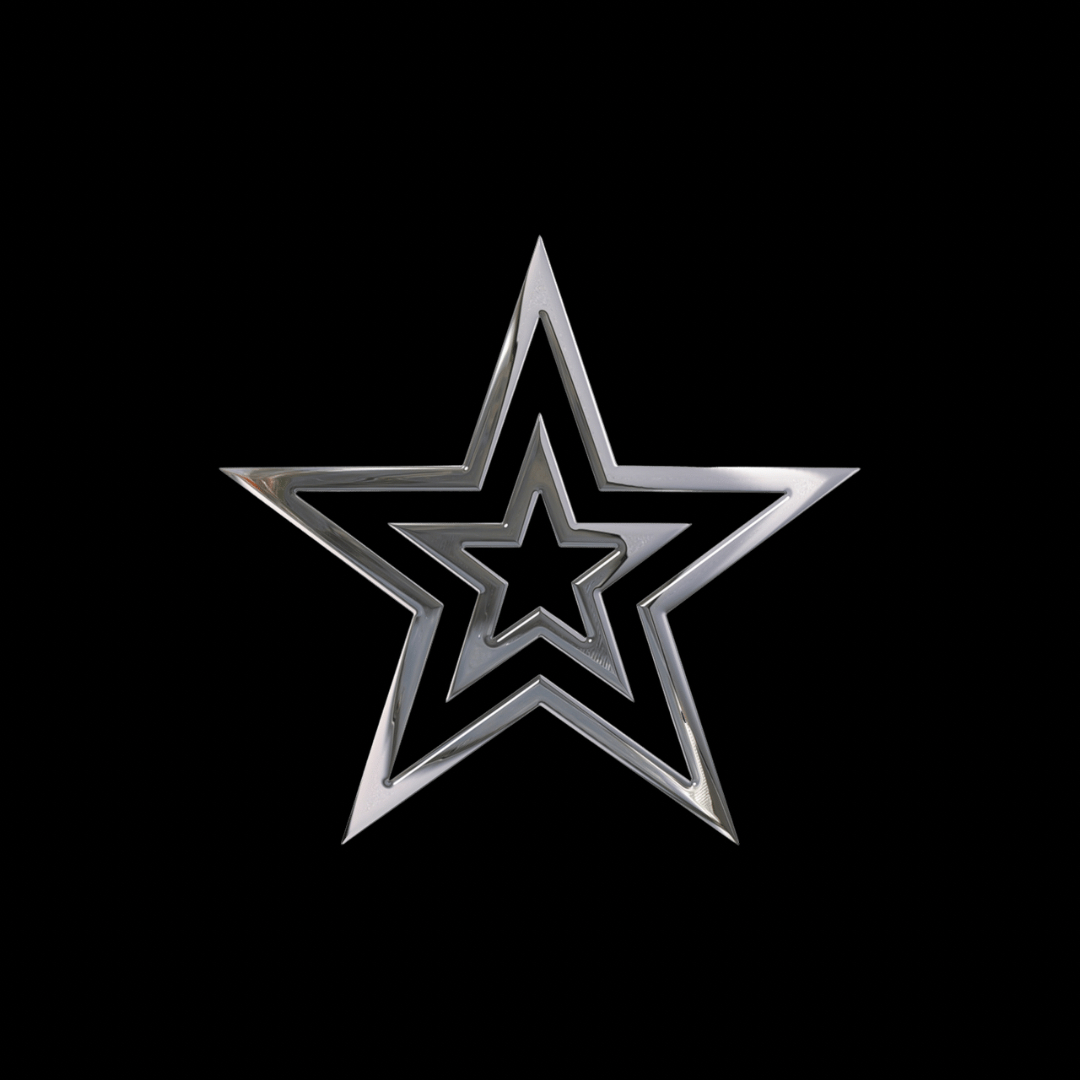
Image Credits
Instagram: @WaveTheShooter


